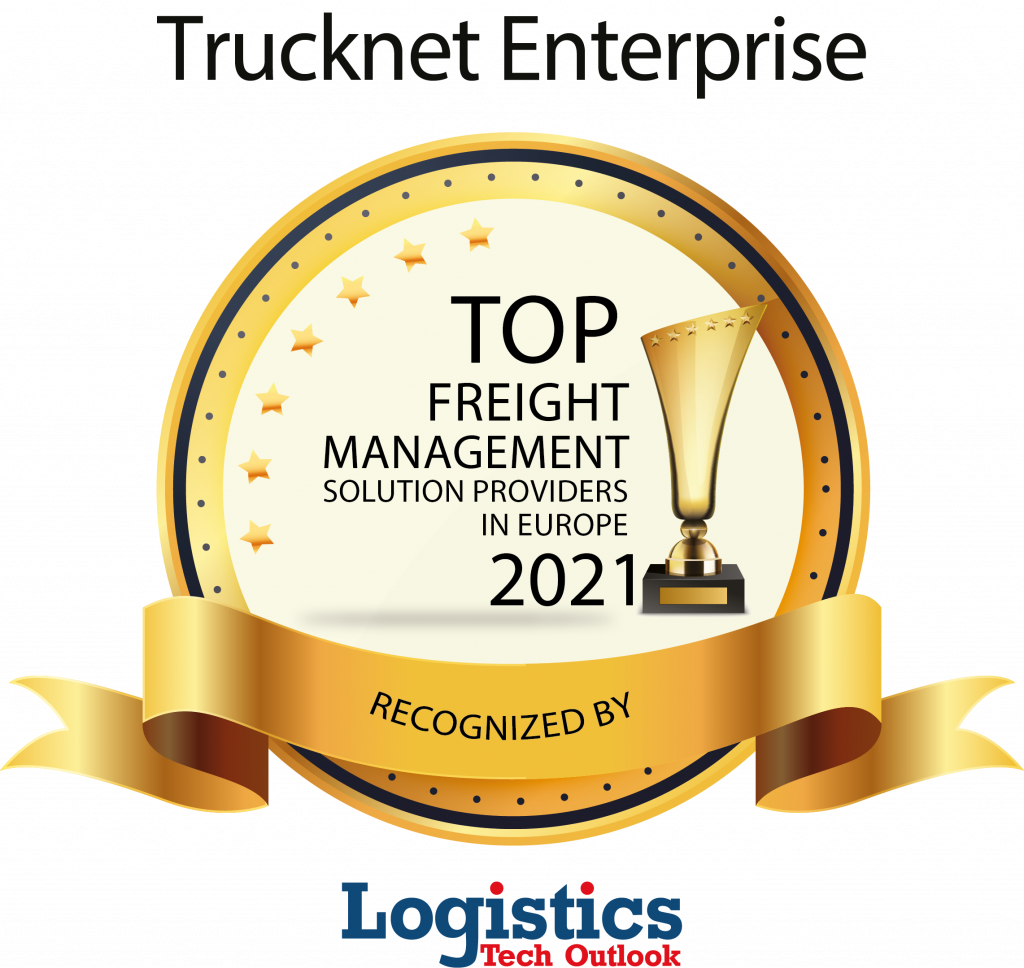Payment solutions in the logistics and transportation industry
Even today, payments for logistics services are carried out through traditional measures, such as cash and checks. The notable increase in demand for quicker and more efficient payment options is transforming the industry.
Labor Shortages
In this new era within the world of logistics, payment processes need to be simplified, automated and secured. The scope of digital payment methods through mobile payments, electronic wallets and contactless operations is becoming more and more widespread. These solutions, resulting in swifter transaction time and heightened security, are beneficial for customers and logistics suppliers alike.
Digitalization is already transforming processes in various industries, including logistics. Paperless or digital documentation (the transition from traditional paper-based documentation to digital formats for managing and processing logistics-related information and data) is becoming increasingly prevalent in the logistics sector. This can involve digitization of various documents, such as shipping orders, bills of lading, customs declarations, invoices, and other paperwork typically generated and exchanged in logistics operations.
Blockchain technology has the potential to revolutionize the way we make payments (see our blog on blockchain technology here).
Pay-as-you-go (PAYG) pricing models in the logistics industry refer to a more flexible and cost-efficient payment method in which customers are charged only for the services they use, rather than committing to a fixed-term contract or to a single payment in advance.
Some benefits of digitalization:
Improved efficiency: Digital documentation enables faster and more efficient processing of logistics-related information. Digital documents can be easily created, edited and shared electronically, reducing the need for physical handling, printing, and manual data entry. These changes can lead to streamlined logistics processes, reduced paperwork delays and enhanced overall operational efficiency.
Enhanced accuracy: Paper-based documentation is prone to human error, such as data entry mistakes or lost documents. Digitalization reduces the risk of errors as data can be automatically gathered, validated, and stored electronically, significantly improving accuracy. With organized and customized data, business decision-making and customer service can be upgraded.
Increased transparency and visibility: Digital documentation provides greater supply-chain visibility and transparency in logistics operations. Digital documents can be easily tracked, monitored and audited, providing real-time information on status and location of shipments as well as options for improved communication and collaboration among stakeholders.
Sustainability: Digitalization aligns with sustainability goals in many ways including reduction of paper consumption, printing and the physical transfer of documents. Implementation of innovative digital technologies will result in reduced carbon emissions and less negative environmental impact.
As mentioned above, digitalization technologies can offer payment options in line with customer needs and budget. Trucknet’s sharing economy model can improve multi-stakeholder supply chain processes in which participants have no previous business connections.
To remain competitive, logistics service providers will need to embrace these changes and adopt innovative payment solutions that meet the shifting demands of their clients. As digital payment solutions become more common, it is critical that logistics providers invest in an innovative payment infrastructure to provide customers with a range of payment options.
“Going from PayPal, I thought well, what are some of the other problems that are likely to most affect the future of humanity? Not from the perspective, ‘what’s the best way to make money,’ which is okay, but, it was really ‘what do I think is going to most affect the future of humanity.”
“Paper money is going away.”
Elon Musk




